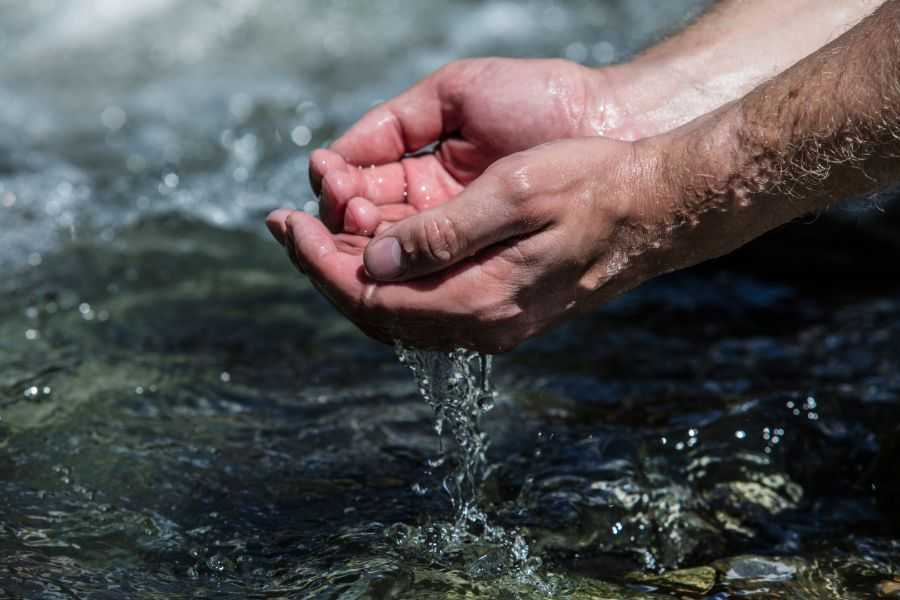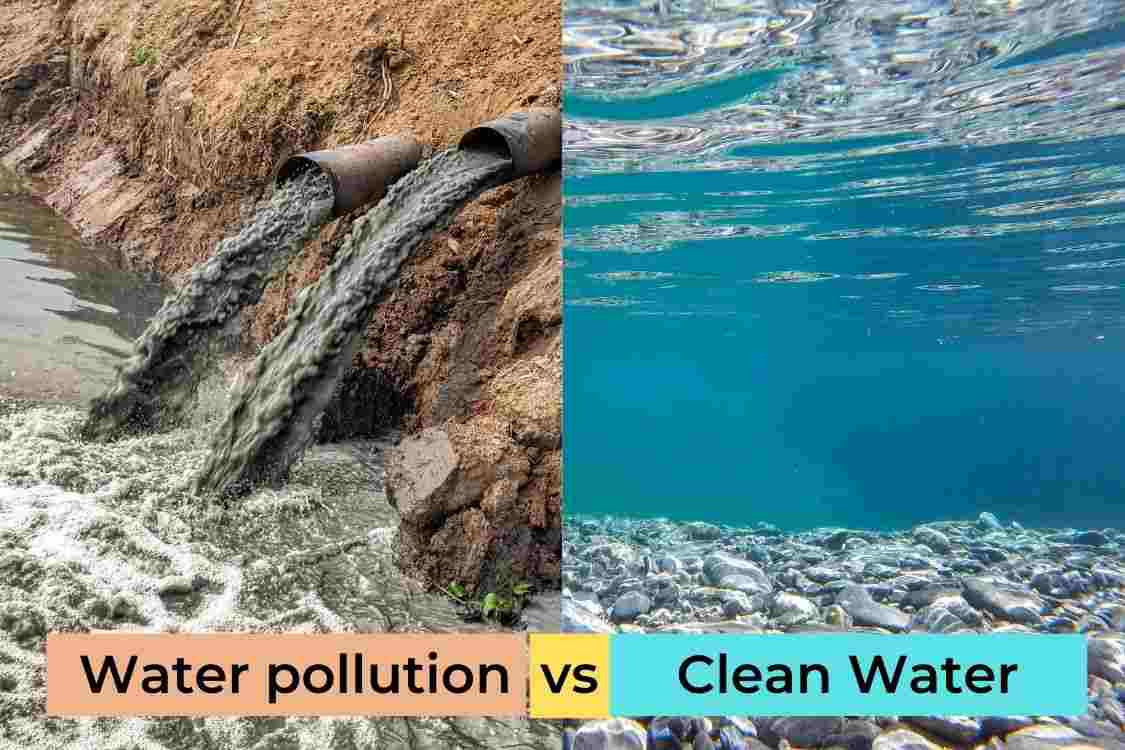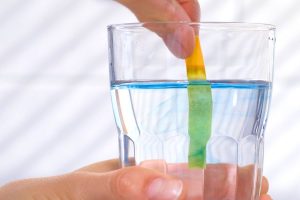Water pollution is a global issue that affects millions of people globally. It will harm not only the environment but also humans, animals and plants alike. In this article, we will present several practical measures designed to combat pollution and explore how individual efforts can impact combatting it.
Ways to prevent water pollution – A Comprehensive Guide
1. Reduce Chemical Usage at Home
One of the key ways to prevent water pollution is limiting our household chemical usage, particularly pesticides and fertilizers used in gardens. Doing this will prevent harmful toxins from leaking into groundwater sources and polluting waterways.
2. Proper Disposal of Waste
Improper waste disposal can result in severe water pollution. Make sure you dispose of household waste such as chemicals, batteries and medicines in an environmentally-friendly manner and follow local regulations regarding appropriate methods and recycling centres for disposal.
3. Implement Sustainable Agricultural Practices
Farmers can play an essential role in reducing water pollution by adopting sustainable agricultural practices. They can use organic farming methods, waste disposal systems and reduced use of pesticides and fertilizers.
4. Conserve Water
Water conservation is key in combatting pollution of our waters. By using it efficiently and limiting wasteful practices, you can help decrease the amount of polluted water entering our bodies. By installing low-flow appliances, fixing leaks as soon as they arise, and adopting water-saving habits in daily life, you can help decrease polluted waters entering our bodies of water.

5. Support Pollution Control Measures
Support local and global efforts to control water pollution by participating in environmental initiatives, advocating for stricter regulations, and increasing awareness. Encourage businesses and industries to implement pollution control measures while adhering to all applicable environmental regulations.
6. Get Involved in Community Cleanups
Join a community cleanup to remove trash and litter from local water sources such as rivers, lakes and beaches to help stop pollution from entering our system and foster a cleaner environment.
Conclusion:
Water pollution prevention is a shared responsibility between individuals, industries, and governments. By adopting environmentally friendly practices, supporting pollution control measures, and raising awareness, we can make an impactful contribution towards protecting the planet for future generations. Every effort counts, and together we can contribute towards building a cleaner, safer, more sustainable future for us all.




